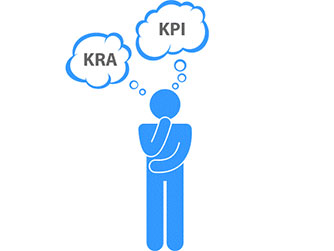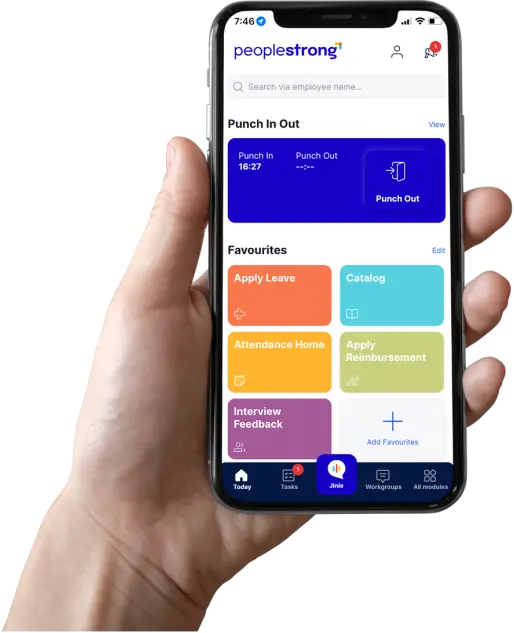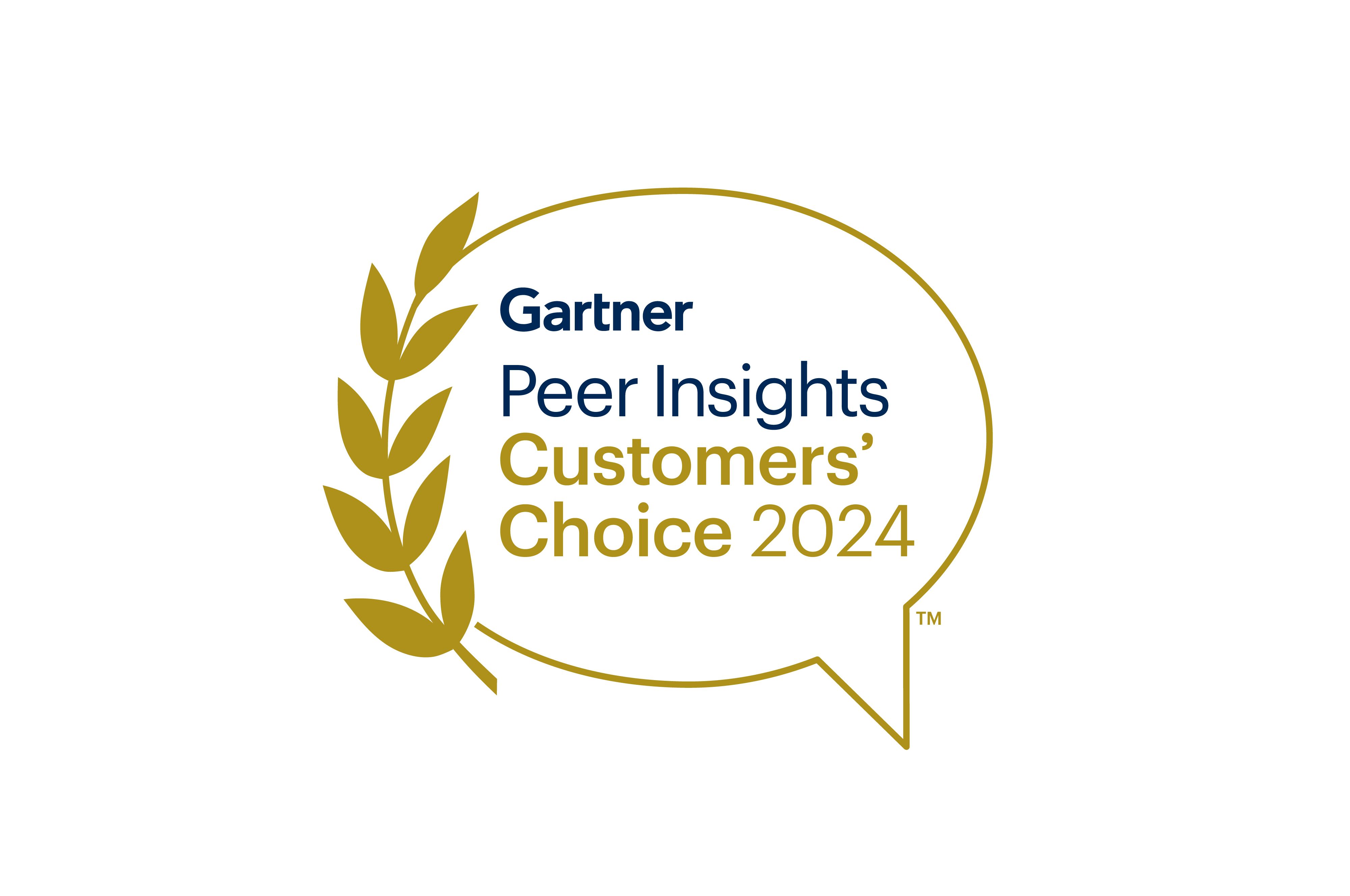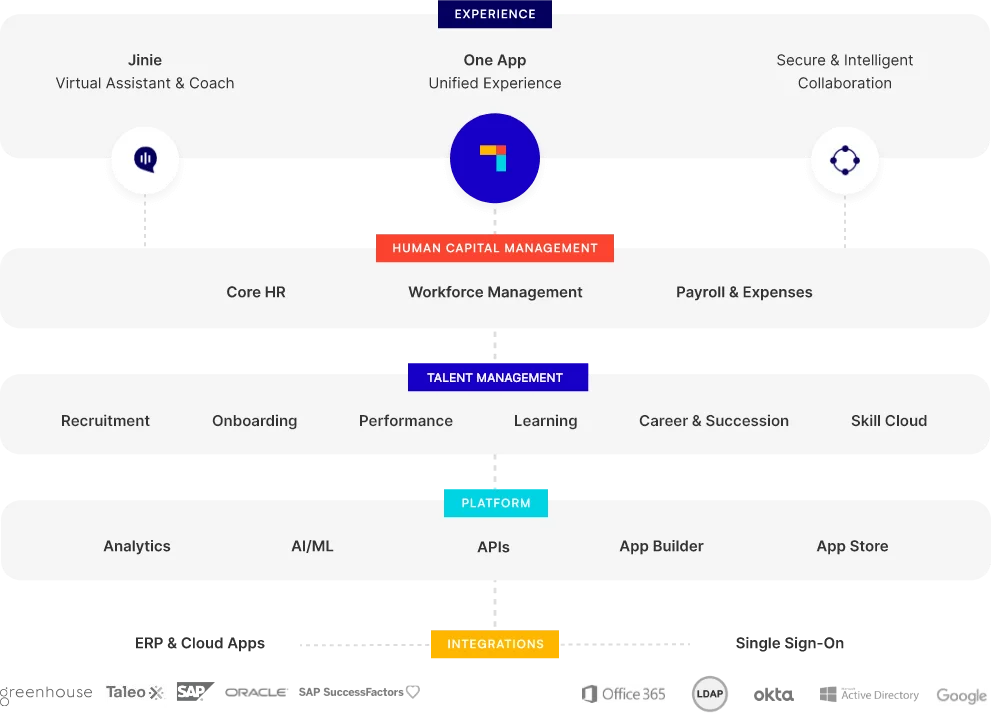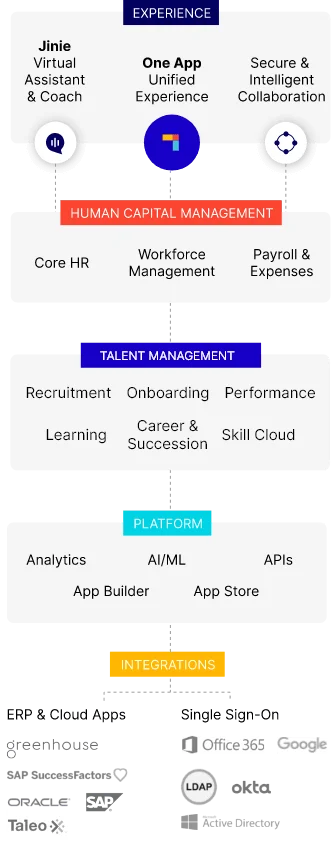Over the weekend, I was discussing with my friends how critical it is to define goals in the organization. The discussion became more meaningful as in few organizations where my friends are working , mid- year goal defining exercise has started. And every time goal setting and performance activity come up, this entire exercise seems to be meaningless and wastage of efforts.  Our discussion became more intense when we started seeing specific goals & KRA’s assigned to them in their organization.
Our discussion became more intense when we started seeing specific goals & KRA’s assigned to them in their organization.
One of the friends who is working in one of the top 5 IT MNC highlighted that following KRA’s are assigned to him :-
-
Help delivery managers in selling services to clients.
-
Focus on retention of existing clients.
-
Enhance CSAT score.
-
Enhance quality of technical solutions.
One of the friends who was working in a software product development company highlighted following KRA’s:-
-
-
Deliver excellent quality in deliverables
-
On time delivery
-
Contribute in innovation at organization level
-
Another friend was working with a manufacturing organization has following ones:-
-
Meet quality targets on monthly basis
-
Regularly check the physical quality of the raw material
-
Enhance supplier relationships
And one friend was working in a consulting organization has following KRA’s:-
-
Develop and inspire people by sharing experience and insights
-
Enhance operational efficiency by managing timelines and profitability
-
Contribute in business growth by spending time about industry trends and competitor movements
-
Achieve high CSAT score by developing new methodologies and processes.
There are 3 major problems with the above defined KRA’s:-
- These are NOT KRA’s, but parameters on which employees should be assessed.Throughout the year, employees are involved in different engagements . In the case of ITES, Software product development and consulting organization, they are involved in different projects and consulting assignments.Their actual goal should be those projects and those consulting assignments. And probably when these assignments are over, they should be evaluated on parameters currently defined as KRA’s:-
- “How much they have contributed in consulter delight”(Rating on the scale of five)
- “Have they done deliverables in-time, on-time or delayed those”, or
- “Have they done any innovate in this assignment”
- “Did she contributed towards process improvements while executing these goals”
- For employees, it’s difficult to give data points against above defined goals that how they have performed on these KRA’s.
Think from employee perspective that if you have to enter details about what you have done throughout the years to achieve these goals, what all points you will enter? And will you be able to collect all those data points which will justify that you have performed well in achieving those ? This is precisely the reason employees give them highest scale when putting data against their achievement against goals which are not defined properly.
3. For manager, it doesn’t enable them to evaluate and give feedback to employees properly .
Consider this, as an employee if I have worked on two assignment through the year, I will keep mentioning same points in above KRA’s. Will this give enough data points to the manager about how his team member has performed with respect to that KRA. Will it give manager enough data on which things she should recognize the employee or coach the employee on for her better performance. Again employee will be evaluated on the basis on perceptions and not on actual data.
Every problem has a solution. Here’s what I think few solutions for the above problems:-
- Define KRA’s and KPI’s which employees are able to correlated with their day to day work. Or why can’t the KRA’s be same as project or assignments which employees get involved in. These KRA’s should push employees to aim high. When aiming high, even failed goals tend to result in substantial advancements.
- Left the exercise of defining KRA between manager and employee. As an HR leader, you should focus on enabling the team on defining the relevant KRA’s. Off course, you need to keep an eye on whether KRA defined are relevant or not from organization respective and within defined boundaries or not. Leaving these exercise between manager and employee will also enhance the employee engagement.
- Use a proper tool to automate the entire process of defining KRA,KPI. And monitor the progress on those in real time basis.
Goal setting and defining KRA impacts talent engagement the highest level, as it impact how employees should perform their jobs and are evaluated. Making KRA more meaningful will NOT only help engage employees but will impact overall organization growth.
